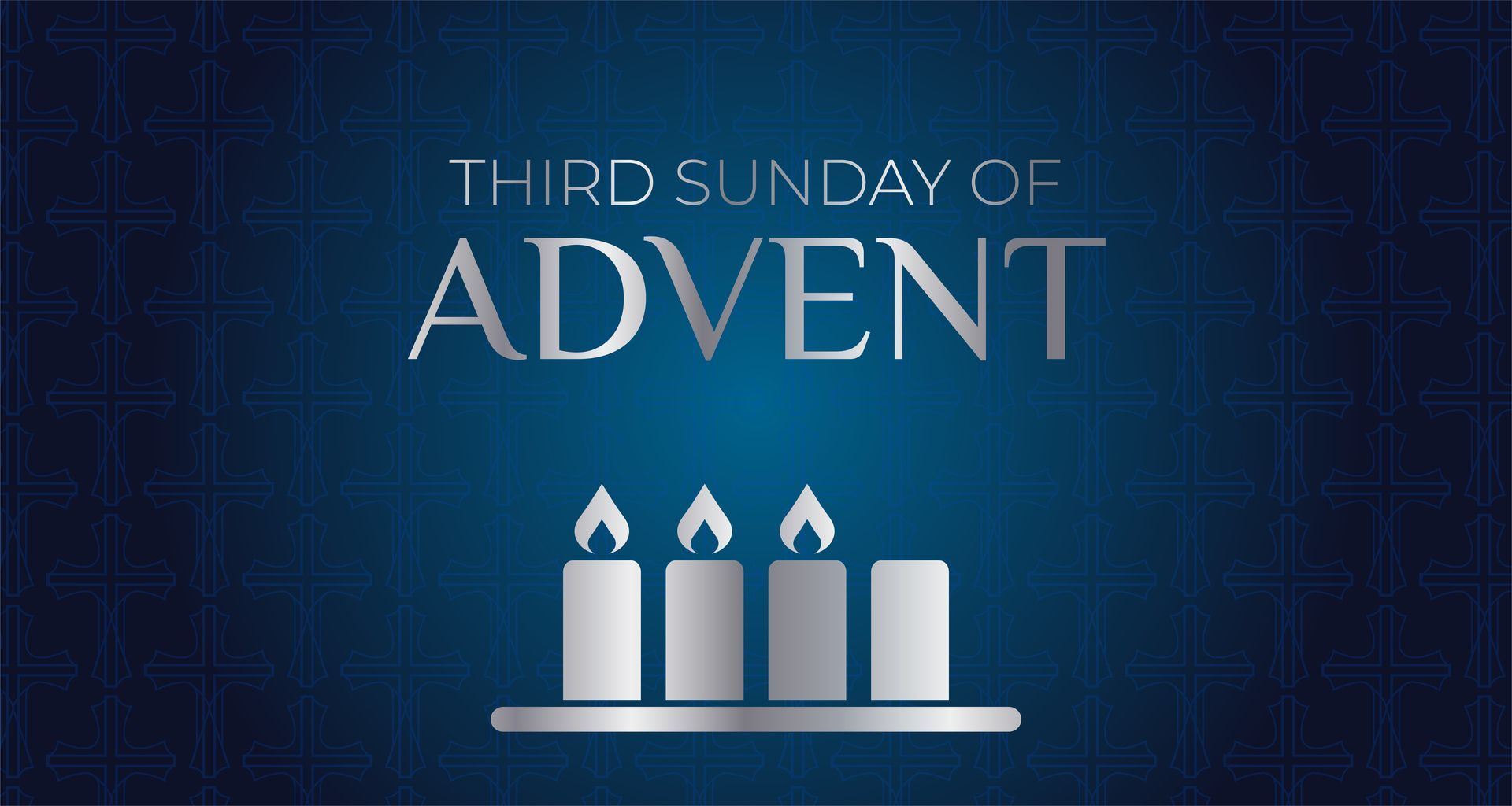With Opened Bible
Listen!

“Fear the LORD, your God”
In the books of the Law (especially in Deuteronomy), Israel's faith is expressed not with the verb "to believe" but "to listen": When we Christians profess, "I believe in God," the Jew proclaims, "Listen to Israel" (Shema Israel). This concept of listening as a form of belief is rooted in the idea that to truly believe in God, one must actvely listen to His teachings and commandments. How can we explain this great diference? For the Jew of the Bible, believing is akin to listening. A believer listens to God. And listening calls for obedience: "Now, if you obey me completely and keep my covenant, you will be my treasured possession among all peoples, though all the earth is mine." (Exodus 19:5) David understood it the same way: "Oh, that today you would hear his voice: "Do not harden your hearts:) (Psalm 95:7-8). The prophets did not miss this spiritual reality: "This rather is what I commanded them: Listen to my voice; then I will be your God and you shall be my people. Walk exactly in the way I command you, so that you may prosper." (Jeremiah 7:23)
Only the active Word of God (Dabar Adonai) is authoritative in everyday and spiritual life. Jesus would keep the same line of thought in the Gospel of Saint John: "My sheep listen to my voice" (John 10) Obedience flowing from listening gives rise to the "fear of God."
Now, the question that remains is this: what is the fear of God? In the ministry of Jesus, we have the answer. It is total submission to the divine will. Jesus made this submission his hobby horse. "My food is to do the will of the one who sent me and to fnish his work." (John 4:34) And even in the most difcult moments, this obedience refects the fear and respect of the Father: "Father, if you are willing, take this cup away from me; stll, not my will but yours be done." (Luke 22:42) However, there is a great diference between (human) fear and the fear of God. Fearing God is not to be confused with the fear of being punished or judged. To this end, Saint John reminds us that true love banishes all fear: "There is no fear in love, but perfect love drives out fear because fear has to do with punishment, and so one who fears is not yet perfect in love." (1 John 4:18)
By proclaiming: "Fear the LORD, your God," the author of Deuteronomy invites us to believe by listening in total submission to the voice of the Lord.













